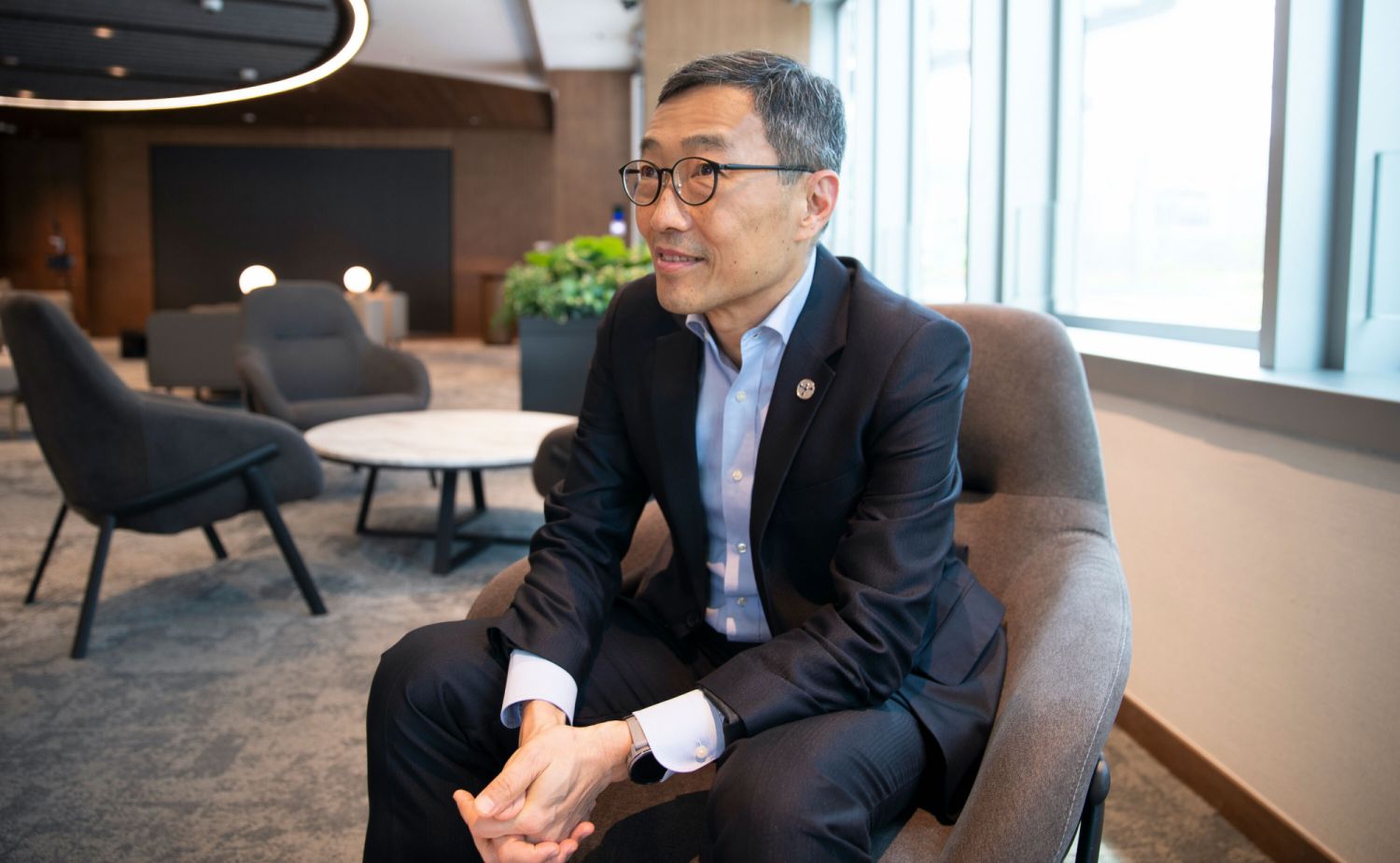Eighteen unicorn startups have emerged from Hong Kong to date, and Albert Wong, the CEO of Hong Kong Science and Technology Parks, is one of the leading figures powering the country’s current technological revolution
If you want to create something that’s never been done before, hire a contrarian.
“In the past, Hong Kong hadn’t really embraced tech innovation as a key society and government policy,” says Albert Wong, CEO of Hong Kong Science & Technology Parks Corporation (HKSTP).
“In the 1990s and 2000s, it was believed that high-tech is risky and low-tech could bring you fast money. So this was the mindset in Hong Kong for the longest time,” he adds.
The call came in 2013 when Wong, who had spent most of his life outside of Hong Kong working for MNCs in the United States, was approached by a headhunter looking for someone to head HKSTP.
“My first response was, ‘You must be joking’,” says the straight-shooting CEO over a video call from Hong Kong.
“We were one of the Four Little Dragons in the old days and then we kind of lost that as the focus shifted more to logistics, tourism and financial services. Tech has never been part of that and I felt that Hong Kong had been lagging behind in tech innovation for a long time. So I really love this opportunity to play a role in the Science Park, which is an important part of the whole innovation technology push,” says Wong.
See also: The Next Acronym To Know Is AIoT—Or Artificial Intelligence Of Things

Armed with healthy scepticism, Wong has, for the last many years been busily building a robust ecosystem to power the current wave of Hong Kong’s technological revolution at the helm of HKSTP.
“For Hong Kong to be successful in the race for technology development, we need to go into deep tech,” he says.
Already, three Hong Kong universities have ranked Top 50 in the world. “So if you want to do some deep tech R&D, Hong Kong is the place,” he says.
But Wong is quick to stress the distinction between research and development. “I’m talking about not just research, but research and development. Because doing research is one thing, but making it commercial, making it a product, making it an investable business, is a totally different thing. And our job in the Science Park is not to compete with universities but to help bring these ideas into fruition,” he explains.
To date, a total of 18 unicorns have emerged from Hong Kong, with three incubated within the Science Park itself. Leading the pack is SenseTime, which is often cited as the world’s most valuable AI vision startup that rose to decacorn status and IPO-ed on the Hong Kong Stock Exchange (HKEX) in December 2021.
There’s also SmartMore, which specialises in computer vision technology that achieved unicorn status within 18 months from founding, as well as logistics company Lalamove, another decacorn with a footprint in more than 20 cities across Greater China, Asia, Latin America and India.
See also: Aqumon's Kelvin Lei On Building The Next Fintech Unicorn

